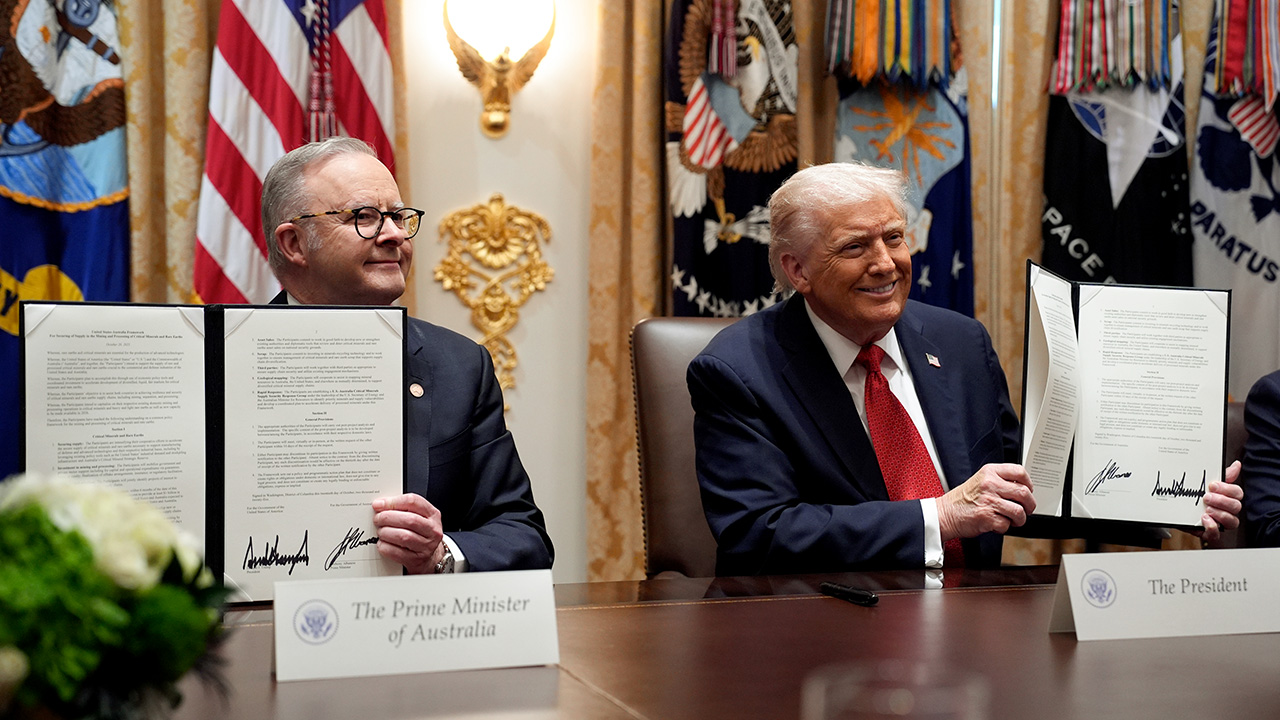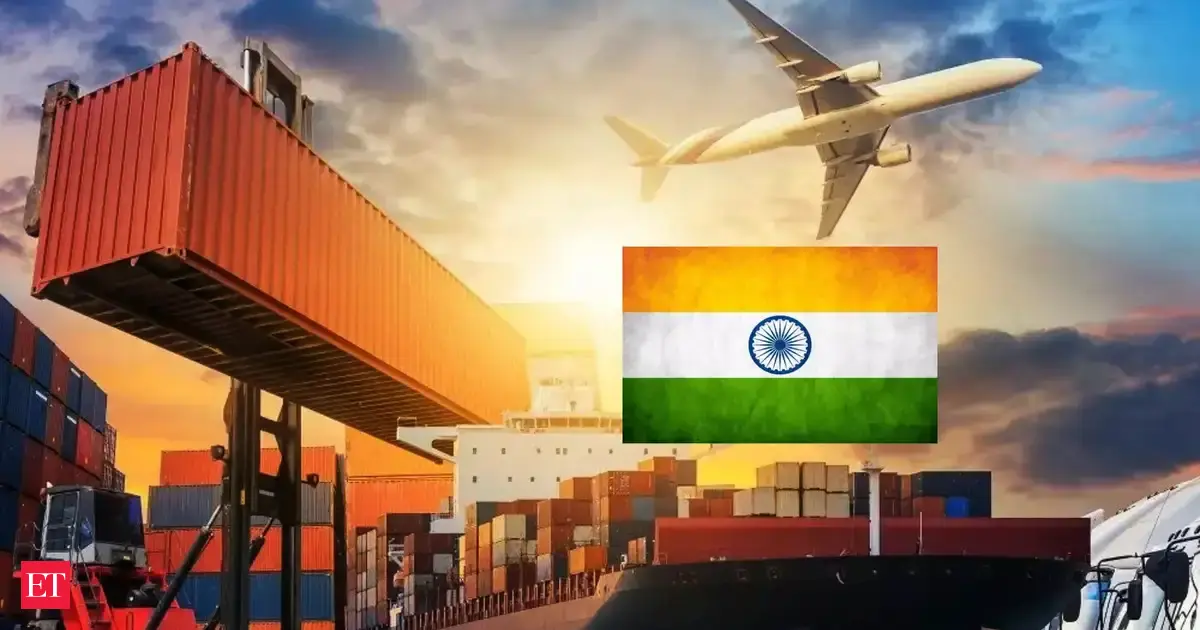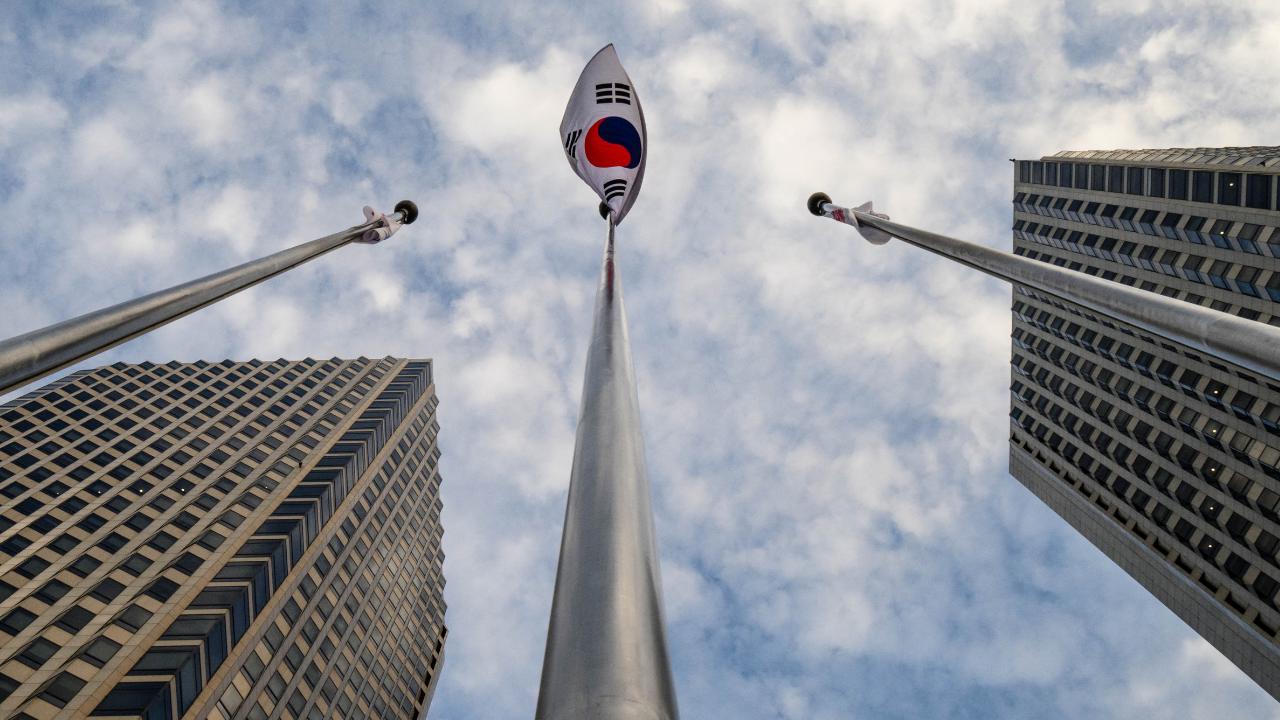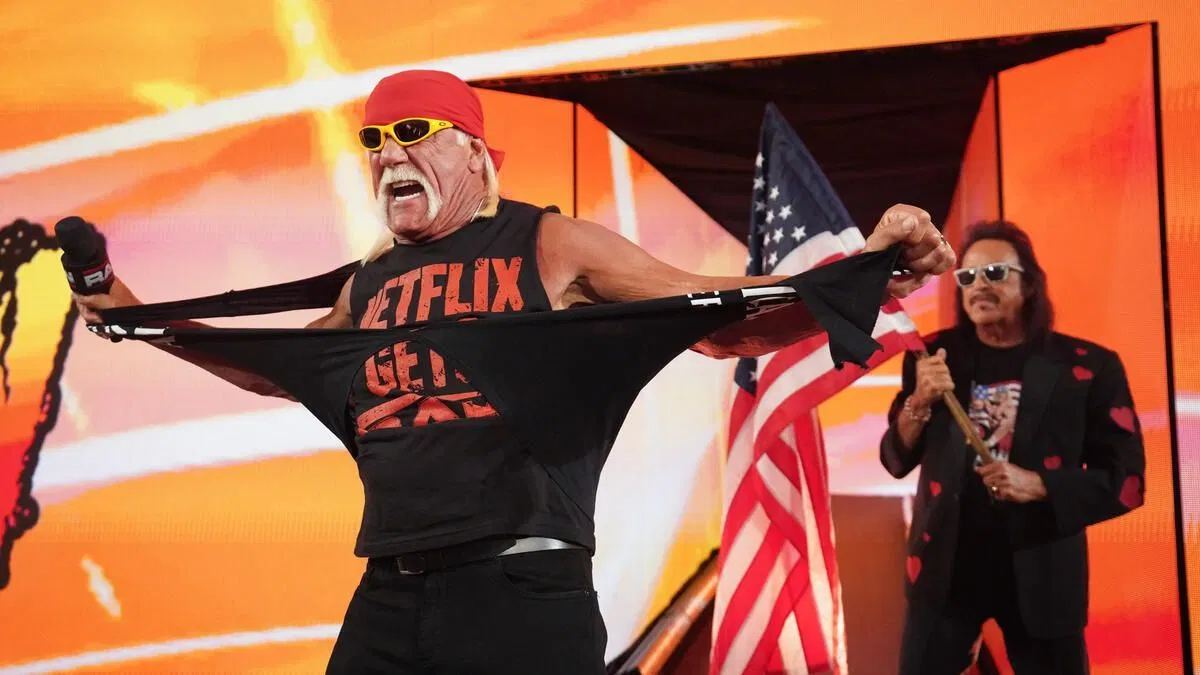Copyright independent
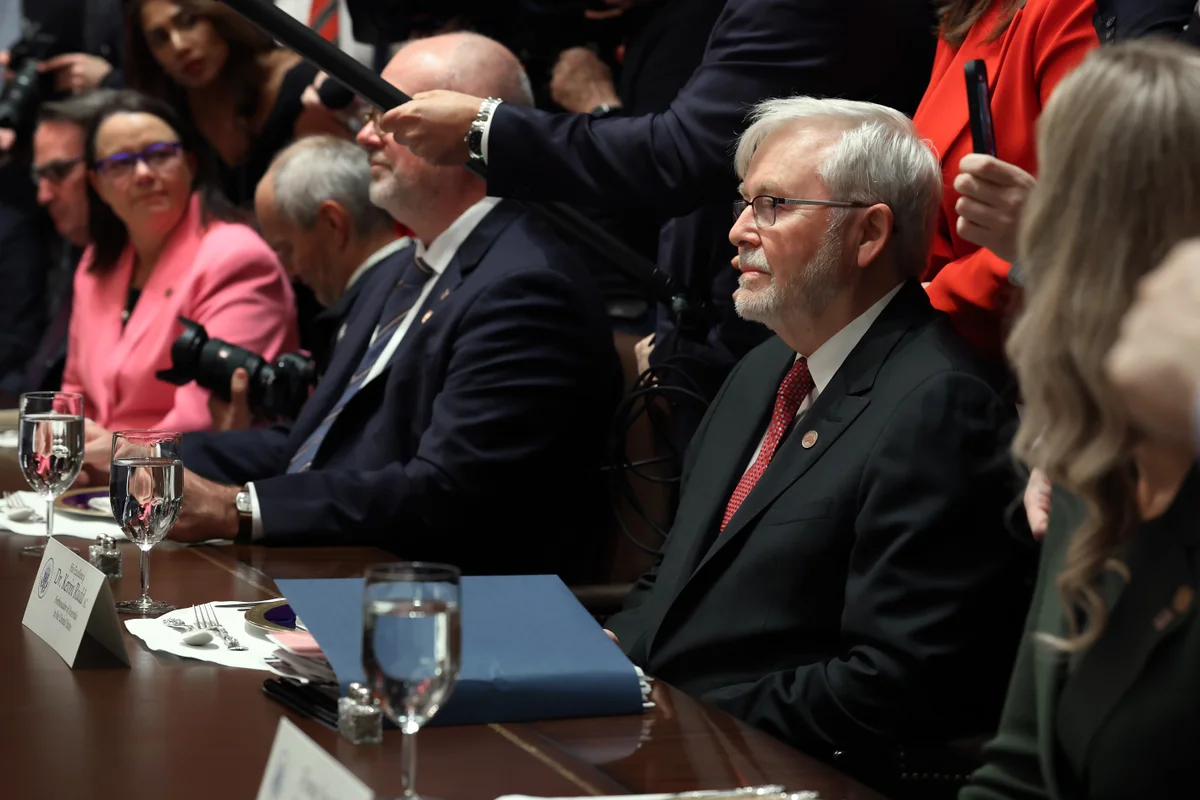
There was an awkward moment during Donald Trump’s meeting with Anthony Albanese on Monday at the White House when the US president told Kevin Rudd, Australia’s ambassador to America, “I don’t like you… and I probably never will”. The comment, delivered across the Cabinet Room table, sparked laughter from Albanese, other Australian officials, and the journalists present there. Although he had once described Rudd as “not the brightest bulb”, Trump suggested he did not know the ambassador when a journalist asked if their past relationship had caused the lengthy delay in finally meeting the current Australian prime minister. “I don’t know anything about him – if he said bad [things] maybe he would like to apologise,” Trump said. The US president turned towards Albanese, who was sitting on his right, to ask “did an ambassador say something bad about me?” Albanese smiled in response. “Don’t tell me, I don’t want to know,” Trump quickly joked. The US president then turned to Albanese, asking if the individual in question was still with the government. Albanese chuckled and gestured across the table toward Rudd. “You said bad?” Trump asked Rudd. The ambassador started to clarify that his criticisms came before assuming the ambassadorial role, but Trump cut in, saying, “I don’t like you either.” “And I probably never will,” he added. In November 2024, after Rudd was confirmed as Albanese’s choice for US ambassador, a 2021 interview resurfaced in which the former PM had called Trump “a village idiot” and “not a leading intellectual force”. Rudd had also referred to Trump as “destructive” and a “traitor to the West”. He later deleted his old social media posts criticising Trump. Opposition leader Sussan Ley immediately called for Rudd’s removal, saying: “I’m a bit surprised that the president didn’t even know who the Australian ambassador was, and that in itself tells you what the relationship is like.” She told Channel Seven: “When the ambassador is the punchline of the joke and the prime minister is actually laughing at him, I think it tells you all we need to know about the fact it’s probably not reasonable he continue in the role.” The Guardian reported sources later confirmed that Rudd offered an apology to Trump after the media left, with the president replying, “all is forgiven”. Albanese’s visit delivered concrete diplomatic results for Australia. Trump endorsed the AUKUS security partnership and signed an $8.5bn rare earths deal with the country. Foreign minister Penny Wong praised Rudd’s role in facilitating the talks. “Kevin did an extremely good job, not only in getting the meeting, but doing the work on the critical minerals deal and AUKUS … and the success of [the] meeting reflects that work,” she told Australian Broadcasting Corporation. A copy of the agreement released by both governments said the two countries will each invest $1bn over the next six months into mining and processing projects as well as set a minimum price floor for critical minerals, a move that Western miners have long sought. A White House statement on the agreement added that the investments would target deposits of critical minerals worth $53bn, although it did not provide details on which types or locations. “In about a year from now, we’ll have so much critical mineral and rare earths that you won't know what to do with them,” Trump told reporters. China’s foreign ministry did not comment directly on the deal but said on Tuesday that market and business choices form the global production and supply chain. “Key mineral resource countries should play an active role in ensuring the safety and stability of the industrial and supply chain, and ensure normal economic and trade cooperation,” ministry spokesperson Guo Jiakun told a regular news briefing.
